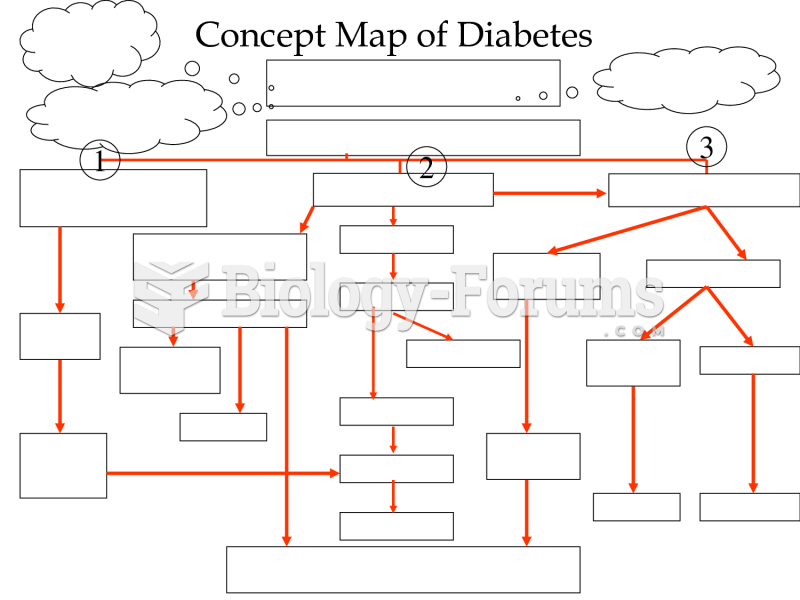Answer to Question 1
Answer:
Answers should include the following points:
1) Self-concept includes thoughts and beliefs we have about our own nature and can change as different aspects of ourselves or our environment become more salient.
- It can vary along a personal-social identity continuum.
- Social self emphasizes our membership in one or more groups and involves intergroup comparisons.
- Personal self emphasizes our differences from other individuals and involves intragroup comparisons.
- Different identities can be activated at different times or in different situations and will affect our behavior. One example is that gender differences will be displayed most prominently when our gender group identity is made salient.
2) Rejection, or the perception of rejection, by others can lead us to emphasize our differences from those who are rejecting us.
3) Thoughts of possible future selves can help us to make changes in the present in order to become a more desirable future self.
4) Self-efficacy is a feeling that we are capable of achieving a particular goal. Collective self-efficacy is the feeling that our group can achieve its goal. Such feelings are necessary for making changes to our self.
5) The self can change because of changes in our social situation. For example, if we change jobs, our self-identity will change to reflect the changes in our circumstances.
Answer to Question 2
Answer:
Answers should include the following:
1) Both are based on Festinger's (1954) social comparison theory.
2) Both describe the consequences of social comparisons.
3) Individuals can make upward comparisons when we compare ourselves to higher performing others or downward comparisons when we compare ourselves to lower performing others. We can identify ourselves as individuals or as members of a group.
4) The self-evaluation maintenance model is relevant when individuals categorize the self as an individual and is useful in understanding individual-individual comparisons. From this perspective, we expect individuals to distance themselves from others who out-perform them in some area of importance, but should affiliate with lower-performing others.
5) The social identity theory is relevant when individuals categorize the self at a group level and the other individual to whom individuals compare themselves is a member of the same group. If the comparison other performs poorly in some area of importance, group members are likely to distance themselves from that individual. If the comparison other performs well in an area of importance, group members are likely to approach that individual and attempt to increase group affiliation.
6) These two theories make opposite predictions regarding the results of self-other comparisons, but both are accurate descriptors of behavior depending on whether individual-level or group-level self-identity is salient.







